- Home
- slideshows
- miscellaneous
- Huawei is having a terrible, horrible, no good, very bad month - here's what's going on
Huawei is having a terrible, horrible, no good, very bad month - here's what's going on
First and foremost: What is Huawei?

What's going on?
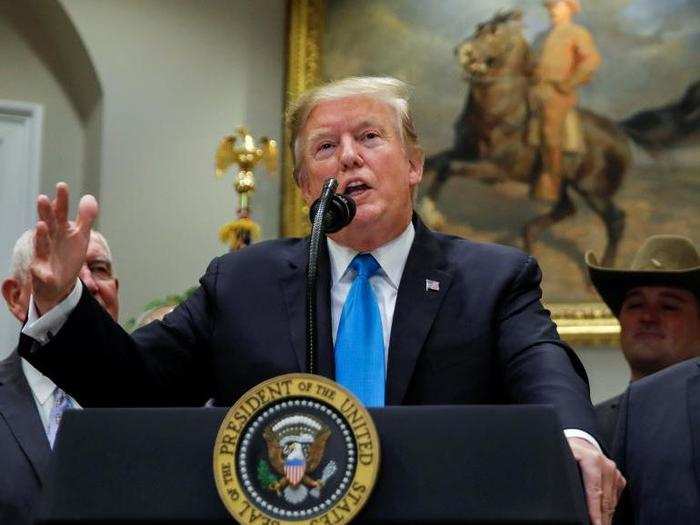
On May 16, the US Commerce Department's Bureau of Industry and Security announced that Huawei was added to the "entity list" — a complicated, bureaucratic way of saying that US companies are barred from doing business with Huawei unless they get explicit permission from the US government.
In the following days, tech companies all over the world began summarily cutting ties with Huawei in keeping with US government regulation.
Exactly why the US government added Huawei to the entity list is a matter of contention.
The official reasoning given by the Commerce Department was that Huawei, "is engaged in activities that are contrary to US national security or foreign policy interest."
But the move also appears to be part of the ongoing trade war between the US and China — something President Trump indicated in a recent exchange with reporters. "Huawei is something that's very dangerous. You look at what they've done from a security standpoint, from a military standpoint, it's very dangerous," he said this week. What he said next was telling: "It's possible that Huawei even would be included in some kind of a trade deal. If we made a deal, I could imagine Huawei being possibly included in some form of, or some part of a trade deal."
How does the ban impact Huawei?
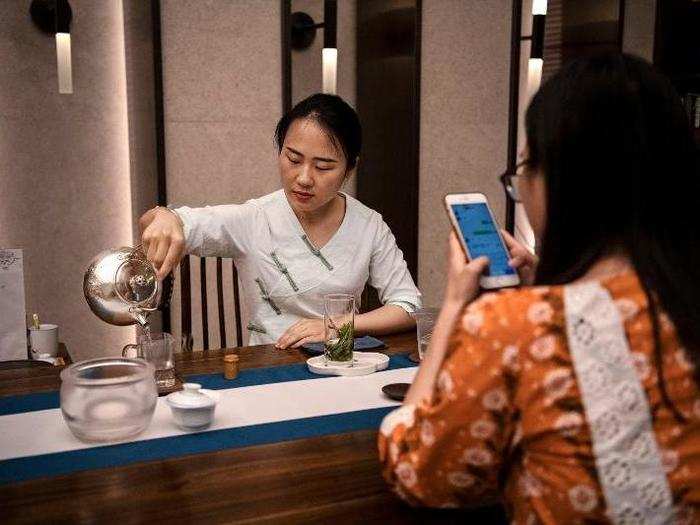
Huawei's smartphones run on Android — and the blacklisting means Huawei can't use Google's software after August 19th.
Huawei's computers run on Windows 10 — and the blacklisting means Huawei can't use Windows 10 after August 19th either.
Starting to get the idea?
That's before we start talking about all the other US companies that Huawei works with to create its products. American companies like NVIDIA and Qualcomm make chips that go in Huawei devices, and American companies like Google and Microsoft make software that runs those devices.
By adding Huawei to the entity list, these companies are required to stop working with Huawei.
For example: If you're a Huawei smartphone user in, say, London, you can expect your Android-powered phone to stop receiving security updates.
What about upcoming phones? Huawei uses a lot of US-made parts, and Android is owned by Google, a US company.
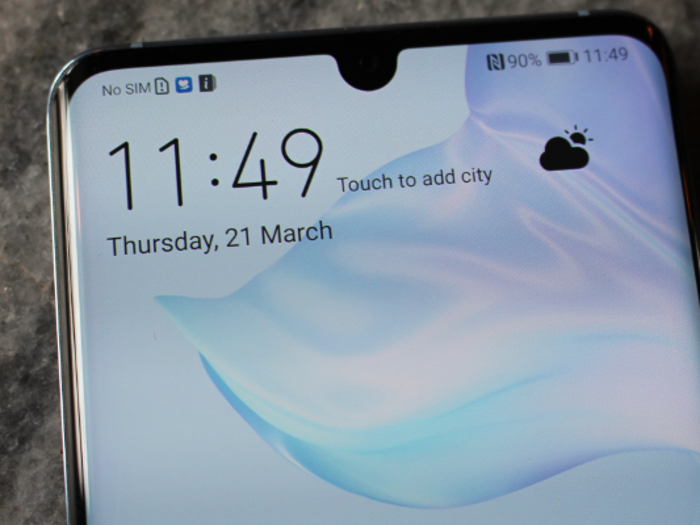
Theoretically, Huawei could source parts from different manufacturers, and it could use its own custom OS.
Indeed: The company has been preparing its own smartphone operating system for some time.
This is a huge leap, though, and would be extremely expensive.
Huawei has built a business around the parts suppliers it uses, and currently uses the Android operating system built by Google that comes with major consumer services like the Google Play app store. It would, at very least, be a major adjustment for Huawei that would cost millions.
It would also mean Huawei smartphones would lose a lot of major Google services — stuff like Gmail, Google Calendar, YouTube, etc.
But isn't Android a piece of open-source software? It is! But the open-source version of Android is far from the version that people use on current Android smartphones. And using that version of Android wouldn't allow Huawei to include the aforementioned services.
One of the biggest issues: Building out Huawei's app store and not having access to Google Play.
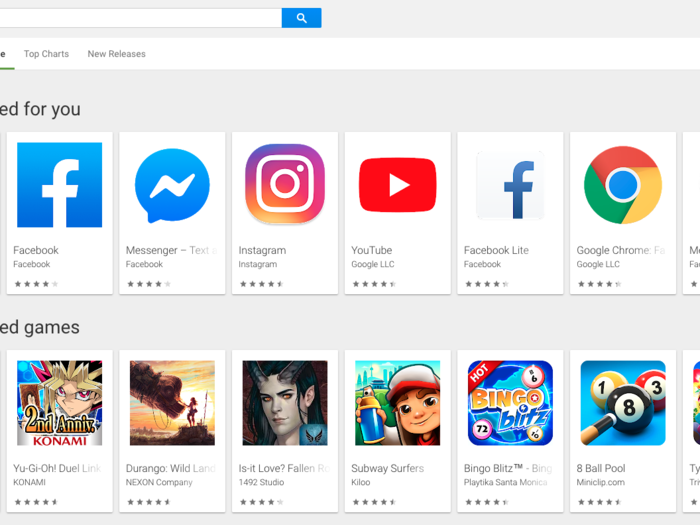
Building an app store is very difficult. Huawei currently has its own, but it's not very popular. Apple's App Store and Google's Play store are the two heavies, and no other company has been able to come anywhere near their market dominance.
Amazon tried, as has Samsung. Neither succeeded.
But that's far from the only issue with losing Google's Play store — many of the apps that people want are made by American companies. Instagram and Facebook and WhatsApp are all US-owned and operated, and none of those would be allowed to appear on Huawei's own app store.
What happens next?
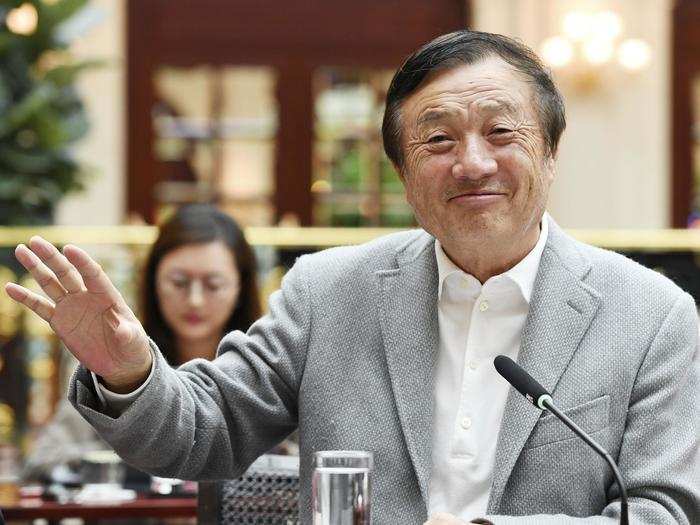
That's the big question. But Huawei CEO Ren Zhengfei is optimistic.
"The world's economy is clearly on a path to globalization, and we all need to be united on that front," he said in an interview with Business Insider Japan.
"If a country closes itself off and tries to make its own version of a product for itself, not only will the scale of production eventually plateau; costs will also increase. There's no way the product will be able to meet society's needs," he said.
He also warned about the potentially negative knock-on effects of the ban on working with Huawei. "When you go against the tide of globalization, it leads to economic issues," he said. "The Chinese market is still growing and Japan relies heavily on it — and I don't think it would be wise for the American economy to give up on the Chinese market either."
For the time being, US companies with existing business ties to Huawei have been granted a 90-day "temporary general license" to keep working with the Chinese tech giant to support their current partnership.
Google has also assured Android users with Huawei phones that, "while we are complying with all US gov't requirements, services like Google Play & security from Google Play Protect will keep functioning on your existing Huawei device."
Popular Right Now
Popular Keywords
Advertisement